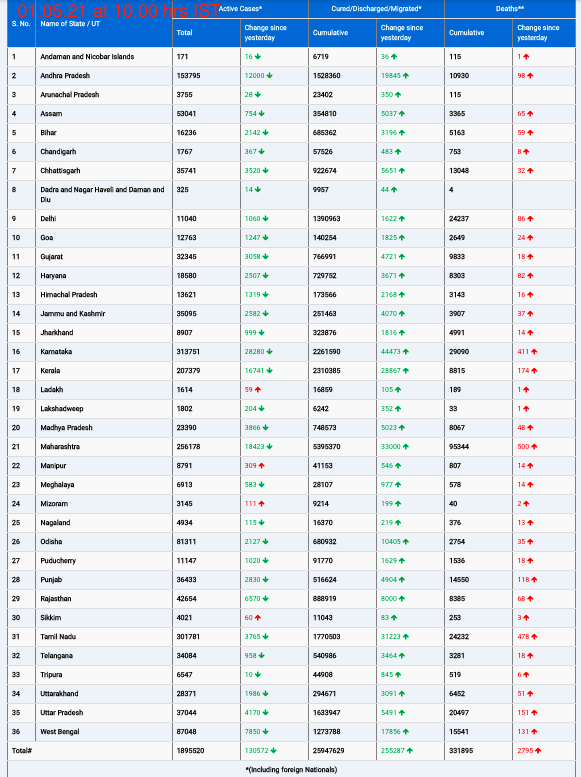A groundbreaking study led by Monash University has shed light on the grim reality of heat wave-related deaths, unveiling a staggering toll of over 153,000 fatalities per warm season worldwide between 1990 and 2019. The research, published in PLOS Medicine and spearheaded by Professor Yuming Guo, underscores the urgent need for localized adaptation strategies amidst the escalating threat of climate change-induced heat waves.
The findings, derived from an extensive analysis encompassing 750 locations across 43 countries or regions, present a sobering picture of the escalating mortality burden wrought by heat waves. Notably, nearly half of the recorded deaths occurred in Asia, underscoring the disproportionate impact on densely populated regions grappling with rising temperatures.
The study paints a grim trajectory of escalating heat wave-related mortality, with a notable surge observed in comparison to the preceding period of 1850–1990. Against a backdrop of a 1.1°C rise in global surface temperatures from 2013 to 2022, projections suggest a further increase ranging from 0.41 to 3.41°C by 2081–2100. Such projections portend a future marked by heightened frequency, severity, and geographic spread of heat waves, exacerbating the risks to human health.
Regions bearing the brunt of heat wave-related fatalities spanned Southern and Eastern Europe, areas characterized by polar and alpine climates, as well as locales with affluent populations. Conversely, regions with tropical climates or lower income levels experienced a decline in mortality burden, highlighting the complex interplay of socioeconomic factors and climatic conditions in shaping vulnerability to heat-related health risks.
Professor Guo emphasized the imperative for localized adaptation planning and risk management, stressing the need for concerted efforts across government levels to mitigate the burgeoning threat. He noted that while prior studies have offered insights into heat-related mortality, the current research represents the most comprehensive effort to date, capturing the nuanced spatiotemporal variations in mortality patterns over three decades.
The study’s authors underscored the multifaceted health risks posed by heat waves, ranging from thermal stress-induced organ dysfunction to exacerbation of pre-existing chronic conditions. Heat-related ailments such as heat exhaustion, heat cramps, and heatstroke exact a heavy toll on vulnerable populations, with implications extending beyond mortality to encompass psychiatric disorders and other adverse health outcomes.
As the specter of climate change looms large, the imperative to address the mounting threat of heat waves has assumed heightened urgency. The study’s findings serve as a clarion call for concerted global action to bolster resilience and safeguard public health in the face of rising temperatures.
Reference: Global, regional and national burden of heatwave-related mortality from 1990 to 2019: A three-stage modelling study, PLoS Medicine (2024).











